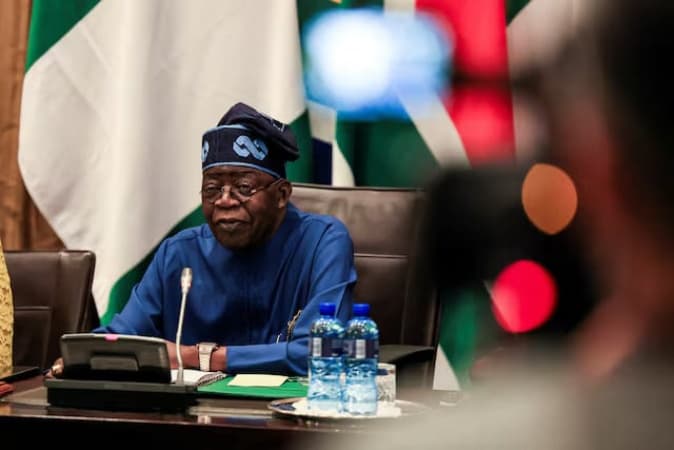
Speaking before the commencement of the Federal Executive Council (FEC) meeting in which he is presiding, Tinubu reassured that Nigeria remains resolute in its fight against terrorism despite diplomatic and political challenges.
“We will defeat terrorism in our country,” Tinubu stressed, signalling his commitment to national security and stability. He acknowledged the political headwinds Nigeria faces but emphasised continued diplomatic engagement with global partners.
“The most important thing is the fact that despite the political headwind and the fear of our people, we will continue to engage with our partners. The success of the 2.3 billion euro bond oversubscribed is the most at this stage,” the president noted, highlighting a major economic milestone amid tensions.
He further appealed for unity and renewed purpose: “The task ahead is immense but we are resolved to move forward with unity and purpose, guided by renewed hope, an agenda to build a prosperous, inclusive, and resilient Nigeria. Thank you very much.”
Earlier, Minister of Finance and Coordinating Minister of the Economy, Wale Edun, presented an extensive overview of Nigeria’s economic resilience and reform achievements, despite the challenging political climate.
He began by expressing gratitude for support during his recent illness: “Good afternoon, Your Excellency, Mr. Chairman members of FEC. May I crave your indulgence to start by just thanking you, Your Excellency, and all the members of Federal Executive Council for your tremendous support, encouragement, indeed, prayers, and kind wishes during my recent illness. I thank you very much.”
Edun then detailed progress under Tinubu’s renewed hope agenda, noting that the reforms, though bold and sometimes unpopular, are rooted in a clear objective to build a competitive economy that attracts and creates jobs and lifts millions out of poverty.
He cited key economic indicators from the second quarter of 2025, sharing that Nigeria’s GDP grew by 4.23%, the highest in a decade outside the COVID rebound. He observed that 13 sectors recorded growth above 7%, up from nine in the previous quarter, showing broad-based resilience. The industrial sector nearly doubled its growth from 3.72% to 7.45%, reflecting rising productivity and investor confidence. Inflation eased to 18% in December, foreign exchange reserves topped $43 billion, and the trade surplus exceeded 7.4 trillion naira, illustrating clear examples of macroeconomic stability.
Edun highlighted a critical transformation in consumer spending, explaining that citizens now spend about half of their income on basic needs—food, shelter, and clothing—compared with almost 90% previously. This signals a country moving from subsistence towards productivity and affluence.
He marked Nigeria’s removal from the Financial Action Task Force (FATF) grey list as a major milestone in strengthening financial integrity and confidence. Global leaders at the recent World Bank and IMF annual meetings commended Nigeria’s reforms and progress, with the IMF growth forecast reaching nearly 4% and improved credit ratings.
On the recent bond issuance, Edun emphasised its significance, saying, “Yesterday’s hugely successful 2.35 billion euro bond issuance, in which the order book peaked at over $13 billion, is a testament to continued investor confidence in our country and our reform agenda and Mr President’s leadership despite the political headwinds.”
Looking ahead, Edun set ambitious goals and strategic priorities.
He stressed that Nigeria remains committed to the vision of a 1 trillion naira economy by 2030, but to achieve this, output must accelerate to 7% per annum growth by 2027—not only as an economic target but as a moral imperative to end poverty. Critical to attaining this growth trajectory will be attracting necessary investment into the economy. With public investment at only 5% of GDP, Nigeria must urgently develop investment-ready projects across many sectors to crowd in large-scale domestic and external capital.
He underscored that ministers overseeing key sectors such as infrastructure, mining, education, health, agriculture, blue economy, digital innovation, arts, and culture must work with subnational governments to identify and package projects that meet investor expectations.
Edun warned of global economic constraints, explaining that every naira must be optimised to sustain momentum amid global liquidity constraints where less is coming from multilateral institutions, so Nigeria has to depend on its own resources. The next phase of reforms will remove barriers holding back investors, including reviewing tariffs and import restrictions to stimulate productivity and investment.
Finally, on fiscal management, he said a detailed review of the Federation and federal balance sheets is underway to optimise asset management for inclusive growth. Efforts are being made to improve fiscal reporting and budget realism, tighten expenditure frameworks, and ensure reform gains become available to all Nigerians. (THE SUN)
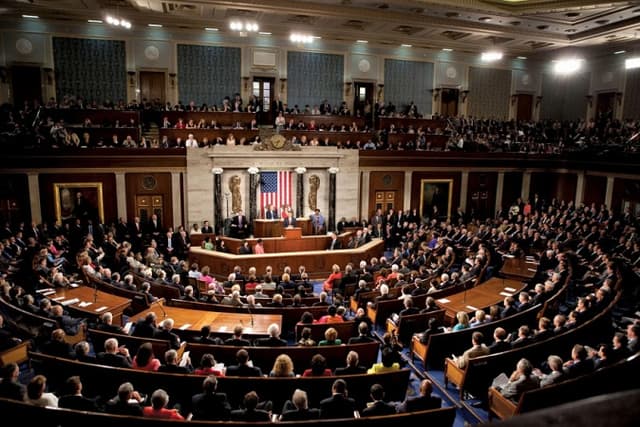
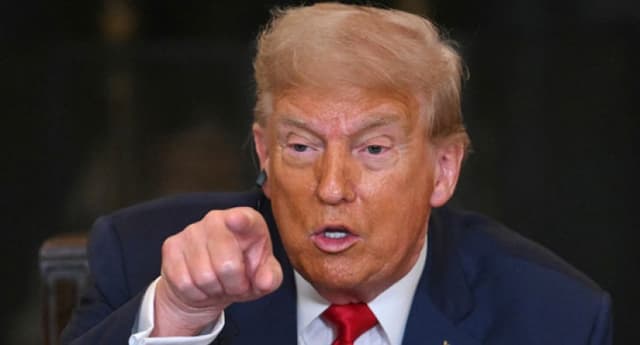
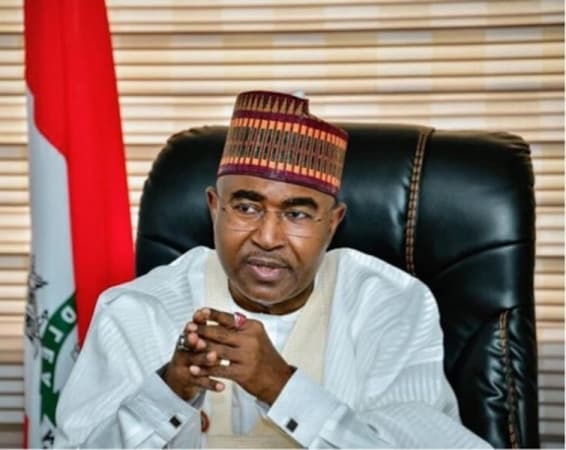

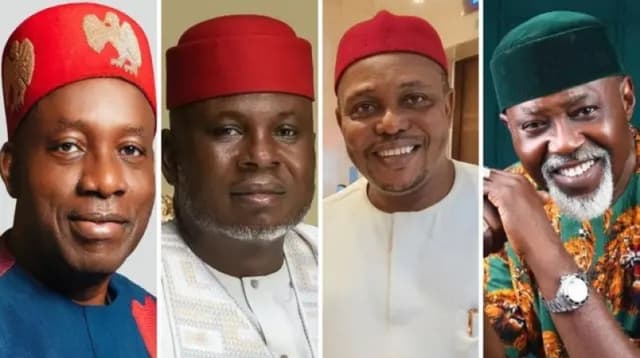
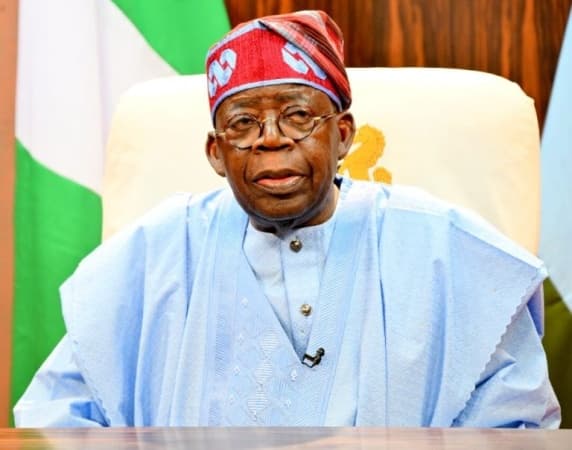

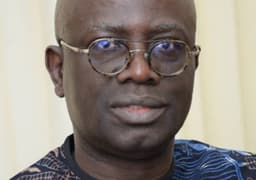
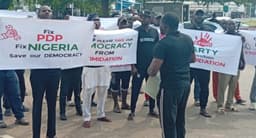

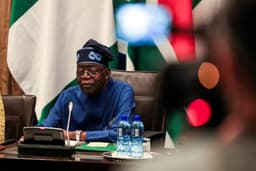

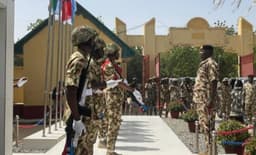

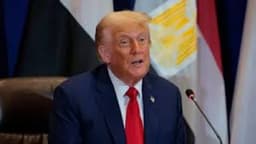
.webp&w=256&q=75)
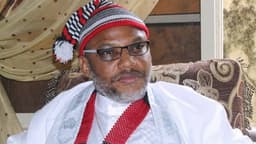
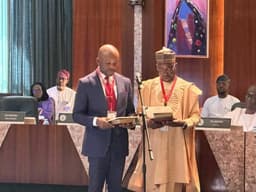
![US Congress bill proposes visa bans, asset freezes for Miyetti Allah over A]alleged christian persecution in Nigeria](/_next/image?url=https%3A%2F%2Fsupport.newsexpressngr.com%2Fimages%2F2025%2F11%2F1762439830.jpeg&w=256&q=75)
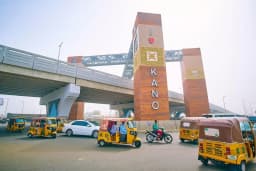

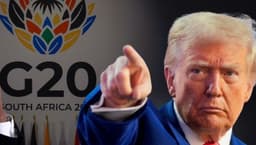

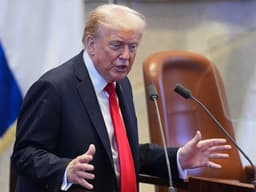



NEWS EXPRESS is Nigeria’s leading online newspaper. Published by Africa’s international award-winning journalist, Mr. Isaac Umunna, NEWS EXPRESS is Nigeria’s first truly professional online daily newspaper. It is published from Lagos, Nigeria’s economic and media hub, and has a provision for occasional special print editions. Thanks to our vast network of sources and dedicated team of professional journalists and contributors spread across Nigeria and overseas, NEWS EXPRESS has become synonymous with newsbreaks and exclusive stories from around the world.